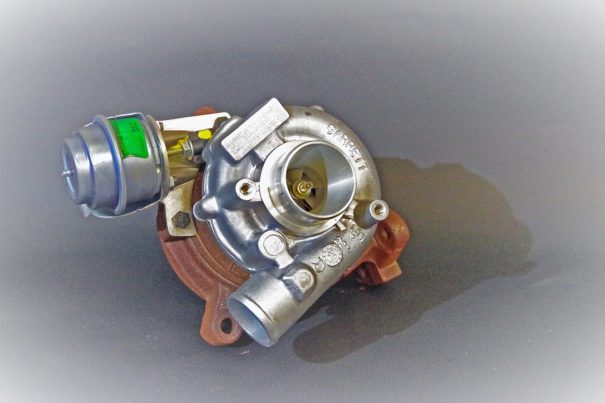
4 Things to Avoid Doing with Your Turbo-Charged Vehicle
Your vehicle’s engine needs to be well-maintained to serve you for a long time. Dirt, abrasive dust and some contaminants that enter your vehicle engine through its air intake duct when driving can potentially harm the engine component and decrease its power. For this reason, you need a turbocharger to stuff as much air into the engine as possible to force an induction. For auto enthusiasts, turbochargers are a must-have and enable your car to run faster. However, if you own a turbocharged vehicle, here are four things to avoid.
- Turning off your engine right after the drive
During a hard drive, some vehicle components get hotter than others. Turning off your engine means cutting off oil flow which implies that hot oil will remain in some areas, leading to a breakdown. This process contributes to oil flow problems, which aren’t in the engine’s best interest. You’ll need to change oil frequently, and allowing your engine to cool down is one of the practical ways to give your car the best protection against engine friction. Avoid getting into a boost before your destination, and give your engine a minute or two before switching off completely after a spirited drive.
- Running your vehicle immediately
Until your vehicle is properly warmed up, never run it. Before going on any ride, it’s best to ensure your engine has warmed to the required operating temperatures. Despite the widespread misconception that your vehicle is ready to move when your cooling gauge reaches the mid-level, your coolant warms quicker than your engine oil. This can damage the engine if it’s not at operating temperature.
Even in a forced induction vehicle where oil is sent to the turbocharger, your engine could get damaged without proper oil flow due to the cold temperatures. Waiting some minutes to get your engine warmed up to reach the middle coolant gauge will save you a lot of stress.
- Lugging your turbocharged engine
If you’re wondering what engine lugging means, it’s simply increasing your engine load at fewer engine RPMs. It can be quite a complicated process requiring extensive research to use the appropriate methods for your vehicle. For instance, flooring your engine abruptly whilst you’re running in 6th gear at 2000RPM strains your vehicle due to the sudden boost at low RPM levels. Doing so puts your vehicle at a disadvantaged gear since you’re searching for high engine power at insufficient speed. It’s best to downshift in such instances before flooring, to give your engine the ample time it needs.
- Not using the recommended fuel
Ensuring to use the right fuel is crucial, particularly for a remodelled vehicle, since it helps reduce engine knock (where your fuel burns unevenly, leading to strange noises such as a ping.) Although there are several ways to prevent engine knocking, they all lead to reduced engine power. However, the best compromise is to get the ideal oil available to minimize the chances of this happening.
Regardless of whether you’re driving the latest Aston Martin, a brand-new Land Rover or a used Audi with a turbocharged engine, using the recommended fuel is key to keeping your vehicle in the best of shape for long use. It’s now time to pay extra attention to your turbocharged engine’s health to forestall any future damage.


